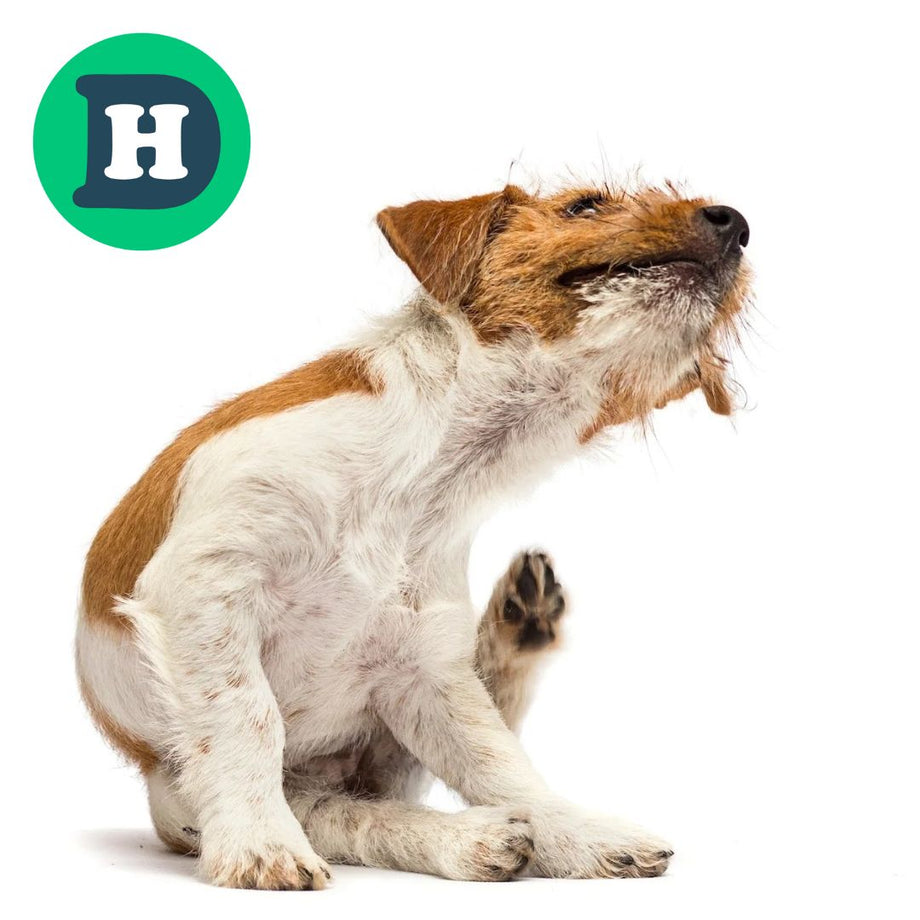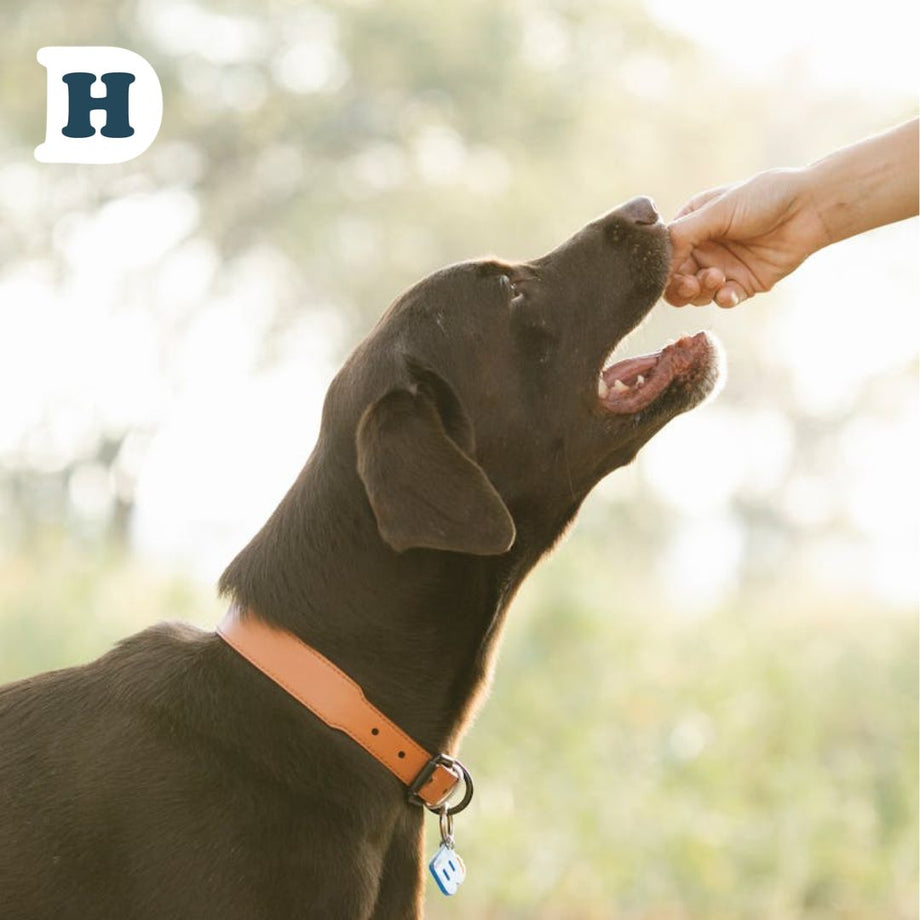 Bringing a new baby into the family can be an exciting and joyous time, but it can also be a bit overwhelming, especially if you have a furry friend at home. Introducing your dog to your newborn can be a challenge, but with the right approach, it can be a smooth and successful transition for everyone involved. As a pet owner and a new parent, you want to ensure that both your baby and your dog feel safe and loved in their new environment. In this article, we’ll explore some practical tips and strategies to help you integrate your dog with your newborn, from preparing your dog for the new arrival to managing their interactions and creating a harmonious family environment. Whether you’re a first-time parent or a seasoned dog owner, this guide will provide you with the tools you need to make the transition from fur baby to family as seamless and stress-free as possible.
Bringing a new baby into the family can be an exciting and joyous time, but it can also be a bit overwhelming, especially if you have a furry friend at home. Introducing your dog to your newborn can be a challenge, but with the right approach, it can be a smooth and successful transition for everyone involved. As a pet owner and a new parent, you want to ensure that both your baby and your dog feel safe and loved in their new environment. In this article, we’ll explore some practical tips and strategies to help you integrate your dog with your newborn, from preparing your dog for the new arrival to managing their interactions and creating a harmonious family environment. Whether you’re a first-time parent or a seasoned dog owner, this guide will provide you with the tools you need to make the transition from fur baby to family as seamless and stress-free as possible.
Understanding Your Dog's Behaviour
Before you can begin to prepare your dog for the arrival of your newborn, it's important to understand your dog's behavior. Dogs are social animals that thrive on routine and consistency. They also have a strong sense of smell and are highly attuned to their environment. Because of this, introducing a new baby into their home can be a confusing and stressful experience for them.
It's essential to start observing your dog's behaviour as early as possible to identify any potential issues. Some dogs may become anxious or aggressive when they feel their territory is being threatened, while others may become overly protective of the baby. Understanding your dog's behaviour will help you plan and prepare for any potential issues that may arise.
It's also important to consider your dog's individual personality and temperament. Some dogs are naturally more patient and gentle than others, while some may be more high-strung or reactive. Knowing your dog's personality will help you tailor your approach to their individual needs.
In summary, understanding your dog's behaviour is essential to creating a successful transition for both your dog and your baby. Take the time to observe and identify any potential issues early on, and consider your dog's personality and temperament as you plan your approach.
Preparing Your Dog for the Arrival of the Baby
Preparing your dog for the arrival of your newborn is key to creating a smooth transition. Start by making changes to your routine as early as possible. This will help your dog adjust to the new schedule and environment before the baby arrives.
One of the most important things you can do to prepare your dog is to establish boundaries and rules. This may include limiting their access to certain areas of the house, teaching them to stay off furniture, or setting up a designated area for them to sleep. By establishing clear boundaries and rules early on, you'll help your dog understand their place in the new family dynamic and reduce any potential stress or anxiety.
Another important step in preparing your dog is to introduce them to new sights, sounds, and smells. This can include playing recordings of a baby crying, using baby lotion or powder, or introducing them to baby items like strollers, car seats, and cribs. By gradually introducing your dog to these new stimuli, you'll help them adjust to the new environment and reduce any potential fear or anxiety.
Lastly, consider enrolling your dog in obedience training or consulting with a professional dog trainer. This can help you address any behavioral issues early on and ensure that your dog is well-behaved and well-adjusted before the baby arrives.
In summary, preparing your dog for the arrival of your newborn is key to creating a smooth transition. Establish clear boundaries and rules, introduce them to new sights, sounds, and smells, and consider enrolling them in obedience training to ensure they're well-behaved and well-adjusted.
Introducing Your Dog to the Baby
When it's time to introduce your dog to the baby, it's important to take things slow and be patient. Start by allowing your dog to sniff the baby's blanket or clothing to get used to their scent. You can also try introducing your dog to the baby's room or nursery before the baby arrives.
When it's time for the actual introduction, make sure your dog is on a leash and under your control at all times. Allow your dog to sniff the baby from a safe distance, and reward them with treats and praise for calm, gentle behavior. It's important to supervise all interactions between your dog and baby closely, and never leave them alone together.
As your baby grows and becomes more mobile, it's important to continue supervising all interactions between your dog and baby. Teach your baby to be gentle with the dog and never allow them to pull on their ears or tail. You can also try introducing your dog to other children in a controlled setting to help them get used to being around kids.
In summary, introducing your dog to the baby takes patience and careful supervision. Take things slow, reward calm and gentle behavior, and continue supervising all interactions between your dog and baby as they grow.
Supervising Interactions Between Your Dog and Baby
One of the most important things you can do to ensure a safe and successful transition is to supervise all interactions between your dog and baby closely. This means never leaving them alone together, even for a moment.
It's also important to watch for signs of stress or anxiety in your dog. These may include panting, pacing, growling, or other signs of agitation. If you notice these signs, it's important to remove your dog from the situation and give them a break.
Teaching your dog to "leave it" or "stay" can also be helpful in managing their interactions with the baby. This can help you redirect their attention away from the baby and towards a more appropriate activity.
In summary, supervising all interactions between your dog and baby closely is essential to ensuring a safe and successful transition. Watch for signs of stress or anxiety in your dog, and consider teaching them basic obedience commands to help manage their interactions.
Creating a Safe Space for Your Dog
Creating a safe space for your dog is an important part of the transition. This can include setting up a designated area for them to sleep or providing them with a crate or dog bed.
It's also important to give your dog plenty of attention and affection, even as you adjust to life with a new baby. Consider spending some one-on-one time with your dog each day, whether it's going for a walk, playing fetch, or just cuddling on the couch.
Lastly, make sure your dog has plenty of toys and activities to keep them occupied. This can help prevent boredom and destructive behavior, which can be a sign of stress or anxiety.
In summary, creating a safe and comfortable space for your dog is essential to a successful transition. Provide them with a designated sleeping area, plenty of attention and affection, and lots of toys and activities to keep them occupied.
Maintaining Your Dog's Routine
Maintaining your dog's routine is important to their overall well-being and happiness. This means sticking to their regular feeding and exercise schedule as much as possible, even as you adjust to life with a new baby.
It's also important to continue giving your dog plenty of attention and affection, even as your attention is pulled in new directions. Consider hiring a dog walker or pet sitter if you're unable to give your dog the attention and exercise they need.
Ensuring that your dog receives the right food at the right time can be a challenging task, especially with a busy new baby schedule. That's where Man's Best Grain Free Dog Food Delivered comes in. With a convenient delivery service, you can have your dogs food delivered right to your doorstep, saving you time and effort. Learn more here about how our easy subscription dog food delivery service works.
One of the main benefits of having your dog food delivered is the convenience it offers. No more rushing to the store or worrying about running out of food. With Man's Best, you can set up a delivery schedule that suits your needs, ensuring that you always have a fresh supply of grain-free dog food on hand. Not only will Delivery Hound save you time and money, you will reduce your plastic waste as well.
Lastly, don't forget to take care of yourself, too. Adjusting to life with a new baby can be stressful and overwhelming, but taking care of your own needs will help you better care for your dog and your baby.
In summary, maintaining your dog's routine is important to their overall well-being and happiness. Stick to their regular feeding and exercise schedule, consider hiring help if needed, and don't forget to take care of yourself, too.
Training Your Dog to Behave Around the Baby
Training your dog to behave around the baby is an important part of the transition. This can include teaching them basic obedience commands, like "sit" and "stay," as well as correcting any unwanted behavior, like jumping or barking.
It's also important to reward your dog for good behavior around the baby. This can include treats, praise, or extra attention and affection.
Consider enrolling your dog in a training class or consulting with a professional dog trainer to address any specific behavioral issues or concerns.
In summary, training your dog to behave around the baby is key to a successful transition. Teach them basic obedience commands, reward good behavior, and consider enrolling them in a training class or consulting with a professional dog trainer.
Troubleshooting Common Issues
Even with careful planning and preparation, issues may still arise when introducing your dog to your newborn. Some common issues to watch for include:
- Aggression or anxiety towards the baby
- Resource guarding or territorial behaviour
- Excessive barking or whining
If you notice any of these issues, it's important to address them early on. This may include consulting with a professional dog trainer, modifying your approach, or seeking additional support.
In summary, common issues may arise when introducing your dog to your newborn. Watch for signs of aggression, anxiety, or unwanted behaviour, and be prepared to address them early on.
Integrating your dog with your newborn can be a challenging but rewarding experience. By understanding your dog's behavior, preparing them for the arrival of the baby, supervising their interactions, and maintaining their routine, you can create a safe and harmonious environment for everyone involved.
Remember, every dog is unique, and what works for one may not work for another. Be patient, stay positive, and seek help if needed. With the right approach and a little bit of patience, you can successfully integrate your fur baby into your new family.
©deliveryhound.com.au 2023






